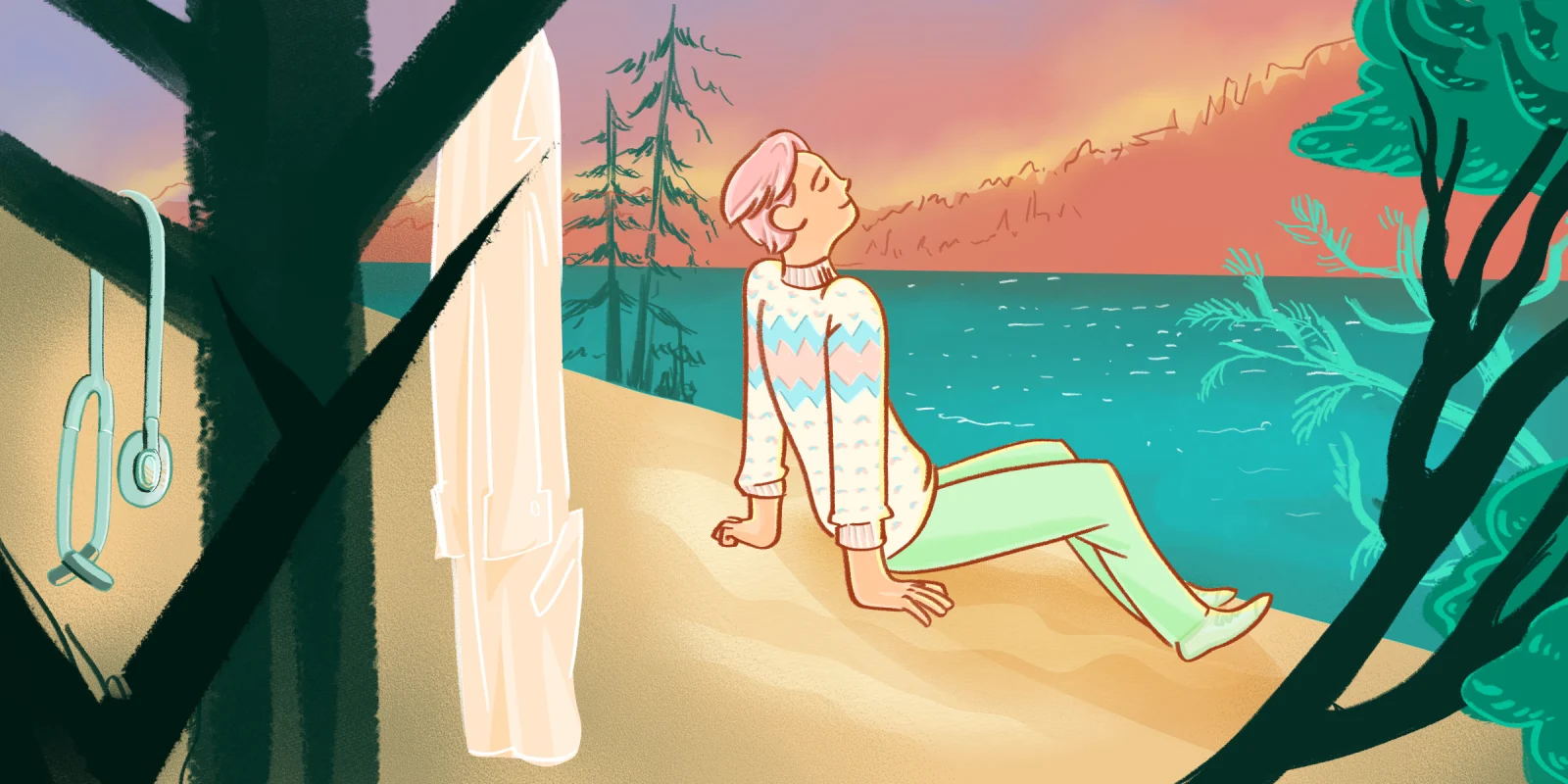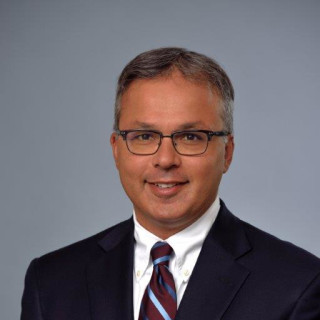Many experts warn that physician burnout may be the single greatest threat to the foundation of our health care system. Most physicians that report burnout symptoms complain specifically of an increasing loss of autonomy and lack of enjoyment from the job. But the focus on burnout is causing us to ignore the larger truth — the absence of burnout does not equal wellness.
The vast majority of physicians (and people in general) are able to get to work on time, pay the bills, manage to watch some of their kids’ sporting events, and go out to dinner on the weekend. It is a busy life, but one that we can “get through” as we look forward to our next vacation. Occasionally, we will stop and reflect on how we got here. We accomplished most of the goals we set for ourselves. We became masters in delayed gratification, as we waited for the next stage of our lives to finally be able to relax, enjoy life, and be happy. The reward for all of this work should be more than just the absence of burnout. The reward should be more than simply getting through the day with mild-to-moderate levels of anxiety and stress. The goal for all of us should be to flourish, not just function.
We are wired to adapt to stimuli in our lives that are constant. This is why we eventually take for granted the good things in our lives. This phenomenon, referred to as hedonic adaptation, allows us to recognize and differentiate new stimuli (potential threats) primed to fade into the background. While this is an evolutionary advantage, it presents a huge obstacle in our attempts to sustain or improve our well-being.
For physicians who are prone to looking ahead to brighter times in order to get through current struggles, hedonic adaptation can be especially painful. Once we achieve our goals, eager to enjoy our well-deserved reward, the fruits of our labor lose their sweetness over time.
The key to slowing or halting this adaptation process is to learn how to cultivate attention to the good in our lives. Once that new job or relationship no longer grabs our attention, we have adapted. On the other hand, anything or anyone that keeps popping into our heads will be less prone to be taken for granted.
A mentor of mine, Harvard psychologist and best-selling author Tal Ben-Shahar, would often say, “When we learn to appreciate the good, the good will appreciate.” The key to stop taking for granted all of the positive things in our lives is simply to learn how to pay better attention to them. This is not how we are wired; it takes some intentional effort and strategy. One of the most effective methods to combat hedonic adaptation is gratitude. There has been a significant amount of research on the power of gratitude in the positive psychology literature. The scientific study of gratitude is perhaps the greatest contribution of positive psychology. The cultivation of gratitude has been shown to have statistically significant effects on multiple domains of well-being, including decreased stress/anxiety/depression, reduced physical complaints, and self-reported measures of happiness. Gratitude is an effective antidote to the hedonic adaptation process because it allows us to focus our attention on what we have in our lives. In doing so, we become far less likely to take them for granted.
There are many ways to express gratitude. One of the most effective ways is a gratitude journal in which you can record several things that you are grateful for each day. It helps to go beyond the big three — family, health, security — and delve into more detail about specific events or people. It can be as simple as being thankful for time spent playing catch with your children or having an uninterrupted conversation with them in the car. At work, we can be grateful for the procedure that was successful without complications. Sometimes, a personal conversation with a colleague can be a very rewarding part of the day. Either an electronic journal on our smartphones or a hand-written journal work well. The key is to do this regularly and make it part of your day.
Another powerful habit that is very effective against hedonic adaptation is negative visualization. Instead of giving thanks for the positive things in your life, you can spend a minute imagining life without them. Perhaps you want to be more engaged and appreciative at work. What if your current job was no longer available and you had to search for a new practice? If your kids are bothering you, imagine if they were no longer living with you or too sick to run around the house. What would life look like if you had never met your spouse? Your best friend? It takes only a few seconds each day to mentally subtract one good thing from your life. I like to do this while driving home from work. This practice helps remind me of what I have and, more importantly, what I often take for granted.
As physicians, we are often too busy to worry about our own happiness. Many people depend on us. We are used to living this way. We are no strangers to stress and delayed gratification. That is how most of us, myself included, made it through our academic careers — waiting to reach the next level to finally be able to slow down and enjoy the fruits of our labor. The problem, however, is that this cycle never ends. The excitement of getting into medical school is quickly replaced by the stress of matching into a good residency. The promise of an attending salary is replaced by the dream of retirement. It doesn’t have to be this way. By understanding our evolutionary wiring of hedonic adaptation and cultivating key habits of gratitude and negative visualization, we can learn to fully enjoy the present while preparing our best for the future.
What helps you achieve wellness? Share your approach in the comment section.
Sanj Katyal is a practicing radiologist, certified in positive psychology, who teaches principles of well-being to students and physicians. He is the author of Positive Philosophy: Ancient and Modern Wisdom to Create a Flourishing Life. Dr. Katyal is also the co-founder of the popular online course Thrive-Rx: A Practical Guide to Flourishing for Physicians.
Illustration by April Brust







